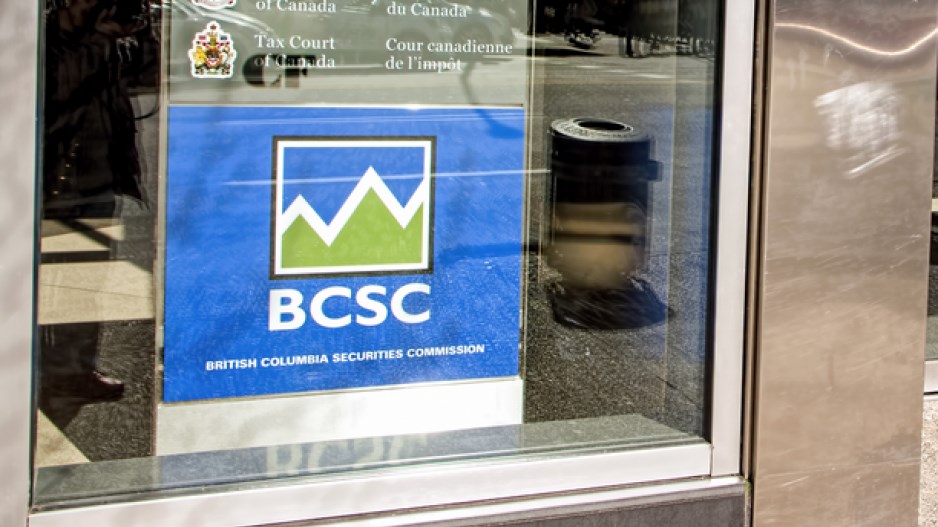About three years after Apple released its first iPhone in 2007, B.C. residents Raffi Khorchidian and Garo Aram Deyrmenjian schemed to bilk investors out of millions of dollars in a pump and dump scheme involving a relatively worthless company they touted as “the next Apple.”
The case stands as an eye-popping reminder for retail investors to conduct due diligence, especially for companies engaged in promotional campaigns.
This week, following a lengthy hearing process, a BC Securities Commission panel permanently barred Khorchidian and Deyrmenjian from trading in or purchasing securities or exchange contracts after they were found to have orchestrated the market manipulation of Kunekt, a company that the commission noted had only $360,000 in assets and no proprietary technology of smartphones during the scheme.
“The campaign enabled the company to reach a market capitalization of almost $180 million,” noted a BCSC press release. The BCSC executive director found evidence that trading accounts connected to the market manipulation realized approximately USD$18.1 million from trades in Kunekt shares on the U.S. Over-the-Counter Bulletin Board during the 2011 scheme.
Khorchidian and Deyrmenjian have been ordered to pay back their ill-gotten gains of $7.15 million and $7.14 million respectively. Khorchidian will also pay an $850,000 administrative penalty while Deyrmenjian will pay $700,000.
“The Kunekt market manipulation involved a complex, opaque scheme employing multiple offshore accounts and trusts and a tout sheet promotional campaign,” noted the panel.
“We found the misconduct of Khorchidian and Deyrmenjian to be fundamental to the promotional activity that created the artificial price for the Kunekt shares. Accounts beneficially owned by these respondents realized millions of dollars from trading Kunekt shares into that artificial price,” the panel concluded.
The hearing found the two funnelled money through a Swiss intermediary EHT Corporate Services S.A. – formerly known as EuroHelvetia TrustCo. S.A. – to marketers whose promotional materials were found to be “grossly promotional and misleading,” according to the executive director.
For instance, the promoters claimed Kunekt, a Nevada company, was a “virtual guarantee” to realize over 5,000 % profits and its new phone named Kruze and tablet named Krush were “far superior” to the iPhone and iPad, respectively.
“Kunekt is the proverbial ‘Holy Grail’ stock that is a legitimate game changer,” read some promotional material, despite the fact the company didn’t come close to manufacturing any device.
David Craven, who was previously found guilty by the U.S. Securities and Exchange Commission of a fraudulent pump and dump scheme to manipulate American Energy Development Corp. stock, directed EHT.
Craven was ordered to pay an $850,000 administrative penalty.
Craven, Khorchidian and Deyrmenjian were slapped with lengthy orders. They are not to hold any position as a director or officer of an issuer, registrant or promoter; trade in or purchase securities or exchange contracts; rely on any exemptions of the Securities Act; act in a management or consultative capacity in the securities market; or engage in investor relations activities.
The case took an interesting legal twist when the pair tried – after the liability hearing in April 2018 – to introduce redacted Swiss bank statements purporting to clear them of beneficial ownership of the funds. The BCSC panel noted the executive director’s submission that the bank statements did not provide evidence of another beneficial owner. The two argued they didn’t initially provide the bank statements due to Swiss secrecy laws. Regardless, the panel noted such laws “are not relevant to the exercise of the Commission’s public interest jurisdiction.”
Khorchidian and Deyrmenjian both argued against permanent market prohibitions, claiming the profits realized by their companies were not from illegitimate trades.
The panel noted the two both argued their misconduct, relative to that of the other respondents, was less serious.




